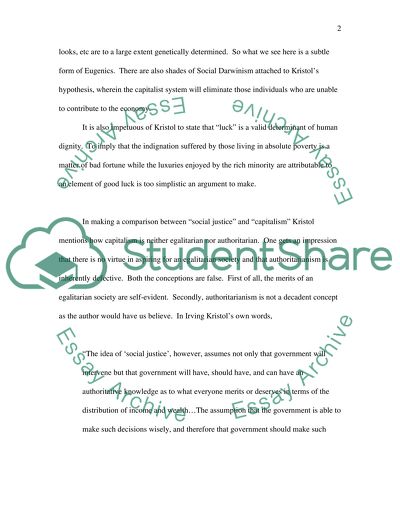Cite this document
(“Comparative Analysis of John Rawls Justice as Fairness and Irving Essay - 15”, n.d.)
Retrieved from https://studentshare.org/philosophy/1547083-philosophy
Retrieved from https://studentshare.org/philosophy/1547083-philosophy
(Comparative Analysis of John Rawls Justice As Fairness and Irving Essay - 15)
https://studentshare.org/philosophy/1547083-philosophy.
https://studentshare.org/philosophy/1547083-philosophy.
“Comparative Analysis of John Rawls Justice As Fairness and Irving Essay - 15”, n.d. https://studentshare.org/philosophy/1547083-philosophy.


